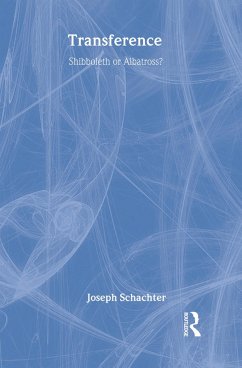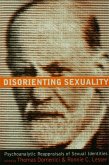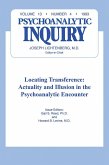The theory of transference and the centrality of transference interpretation have been hallmarks of psychoanalysis since its inception. But the time has come to subject traditional theory and practice to careful, critical scrutiny in the light of contemporary science. So holds Joseph Schachter, whose Transference: Shibboleth or Albatross? undertakes this timely and thought-provoking task. After identifying the weaknesses and inconsistencies in Freud's original premises about transference, Schachter demonstrates how contemporary developmental research across a variety of domains effectively overturns any theory that posits a linear deterministic relationship between early childhood and adult psychic functioning, including the adult patient's treatment behavior toward the analyst. No less trenchantly, he shows how contemporary chaos theory complements developmental research by making the very endeavor of historical reconstruction - of backward prediction - suspect on logical grounds. Nor, Schacter continues, does the clinical evidence normally adduced in support of transference theory provide the firm bedrock of data that most analysts suppose to exist. What one finds, he holds, are endlessly reiterated claims of identifying determining historical antecedents sustained only by descriptions of current behaviors through a gloss of theory. Less a polemic than a call to order, Transference: Shibboleth or Albatross? is cogently argued and straightforwardly written. It is destined to be a thorn in the side of analysts who resist change and a spur to those who seek to bring analytic theory into closer alignment with contemporary science in the interest of improves treatment efficacy.
Dieser Download kann aus rechtlichen Gründen nur mit Rechnungsadresse in A, B, BG, CY, CZ, D, DK, EW, E, FIN, F, GR, HR, H, IRL, I, LT, L, LR, M, NL, PL, P, R, S, SLO, SK ausgeliefert werden.









